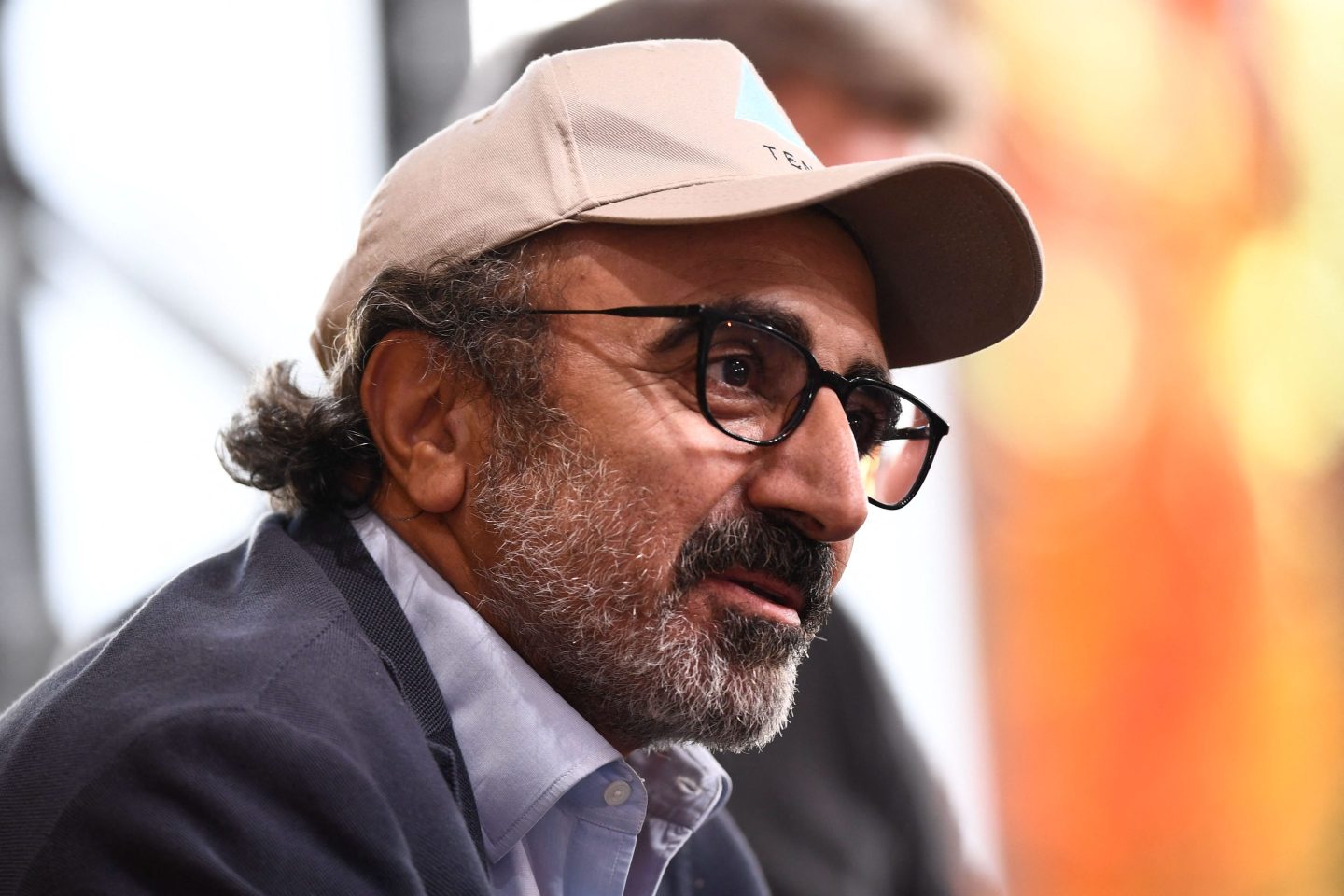Chobani CEO Hamdi Ulukaya says he finds the persistence of food inflation “troubling,” despite a fall in food commodity prices.
And he believes corporate decisions are partly to blame.
“Of course you have to pass on some increases in prices to customers, but those inputs are coming back down, and that hasn’t been reflected in the price of goods,” Ulukaya told CNN’s Before the Bell newsletter.
“I think foodmakers have to be very conscious that people are having a hard time affording food,” he said, wondering if such companies are “succumbing to financial market pressures that demand they show growth and strong metrics.”
While politicians have long accused companies of price gouging, the idea that inflation might be caused by corporate margins, rather than commodity shortages, wage increases, or other macroeconomic conditions, is gaining traction among mainstream economists.
So-called greedflation suggests firms are quick to raise prices to pass increased costs on to consumers and protect their margins, then are much slower to reduce prices once inflationary pressures recede—if they reduce prices at all.
Commodity prices, particularly in food and energy, spiked in the months following Russia’s invasion of Ukraine last February.
Economies have also faced higher labor costs, as wages increase thanks to a shortage of labor following disruptions from the COVID pandemic.
Yet corporate profit margins stayed at high, if not record, levels throughout 2022.
That’s continued into 2023, with companies like Nestlé citing “responsible pricing” to explain their ability to maintain revenue despite inflation.
Food prices are finally starting to decline in the U.S., with March’s consumer price index report showing the first monthly decline in grocery store prices since September 2020. (The “food at home” index is still up 8.3% year on year).
It’s a much less rosy picture in Europe, where food costs are still elevated despite cooling inflation overall.
While prices in the eurozone increased by 6.9% in March year on year, food prices surged by a whopping 15.4% over the same period. European economists, including at the European Central Bank, now recognize profit margins as a fundamental cause behind the region’s inflation.
It’s unlikely to get better soon, with researchers at German financial company Allianz projecting in April that food prices would contribute to almost 30% of European inflation this year, up from 15% in 2021.
Allianz’s report also points to greedflation playing a “small but significant” role in food prices.
The company’s strategists note that the share of European food inflation that is “unexplained”—in other words, not driven by increases in producer or energy prices—has “noticeably increased.”













